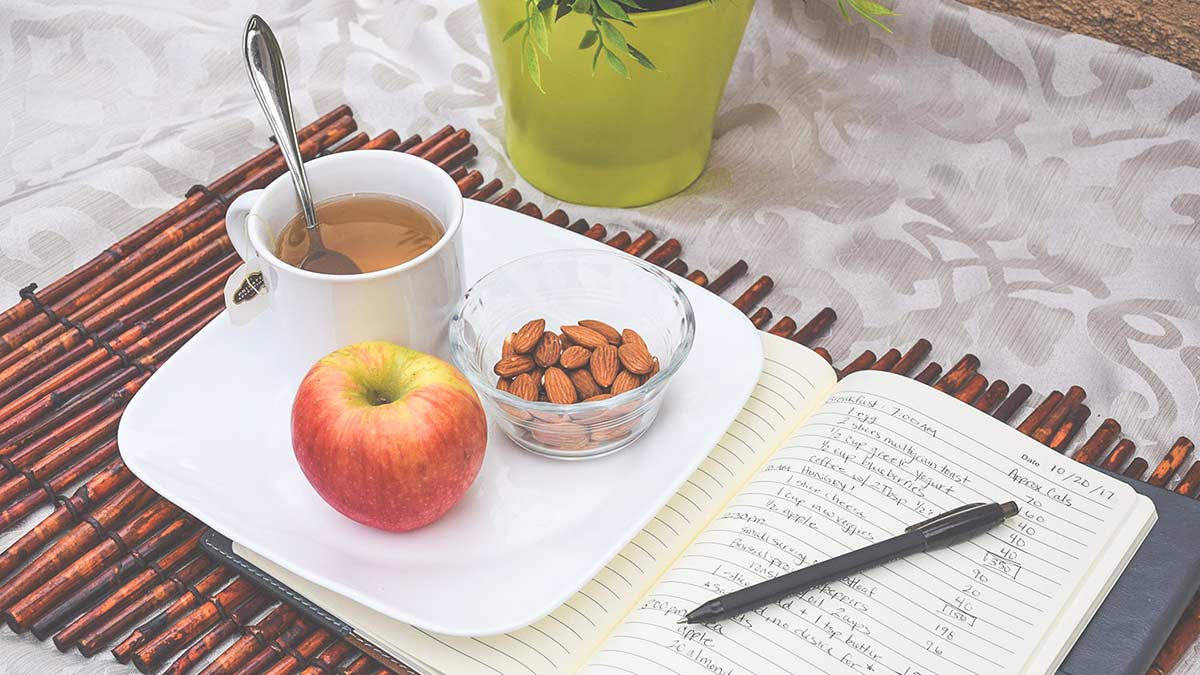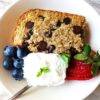Benefits of keeping a food record
Food records can give you great insight into your own eating patterns and habits. Are you a snacker? Is there a time of day you tend to overindulge. Is there a place you go to when you overeat? Are your days of the week different than your weekends? Are you an evening snacker? Grazer? You can learn so much about yourself by spending a few moments each day to reflect on what you are eating!
Food records will help you learn about food intolerances and/or allergies can be very beneficial in helping you feel your best every day. You can learn what foods may trigger conditions like irritable bowel syndrome or Chron’s disease. There might even be particular foods that make you feel tired or fatigued. Wouldn’t it be great to know all of these things? Lastly, of course it increases your chances of successful weight loss.
You don’t even have to show them to anyone! Although, it is a step better if you have someone to keep you accountable, but you will get powerful accountability even if you just keep them for yourself. In a study published in 2008 in the Journal of Preventative Medicine, the strongest predictor of weight loss success was how many days participants kept food records. The more consistent you can be, the better your results will be. https://www.ajpmonline.org/article/S0749-3797(08)00374-7/fulltext
Types of food records
There are many types of records. There is not one record that will fit everyone. I have used many different kinds of records with my clients and the ones that seem to work best are the ones that people do consistently. So, find the one you like, and do it! You can simply take a photo of your food with your phone camera. It is fast, easy, and it gives a clear picture of what was eaten. Try recording only during “problem times”. This may be afternoon snacks, evening snacks, weekends, social occasions, whatever it is, don’t avoid writing down what you ate! This is when it can help the most! Sometimes it helps to identify an emotion that went along with what you ate. You can learn which emotions are triggers for you to eat things that aren’t so healthy for you.
Tips for food records
- Don’t wait to record. Write down foods as you go, don’t skip something because it was bad, and don’t wait until the end of the day. Often we forget what we have eaten even earlier that day.
- Review portions frequently. Use measuring cups, spoons, and food scales sporadically to keep your portions in check. Even very seasoned nutrition experts underestimate what they are eating.
- The more you cook at home, the easier it will be! It is much harder to estimate what you are eating when you are out at a restaurant.
- Don’t worry about counting vegetables–unless you are tracking them to try to get more of them! I have never ever had a client who gained weight because she ate too many vegetables:)
I would love to hear what works for you!



